America’s uniqueness doesn’t just end with its history or citizens’ lifestyle choices; it also spills into the words everyone says there. So that you aren’t left confused in a conversation, we have compiled 17 phrases you’d only hear in the US.
“I’ll Like the Jimmies on Top”
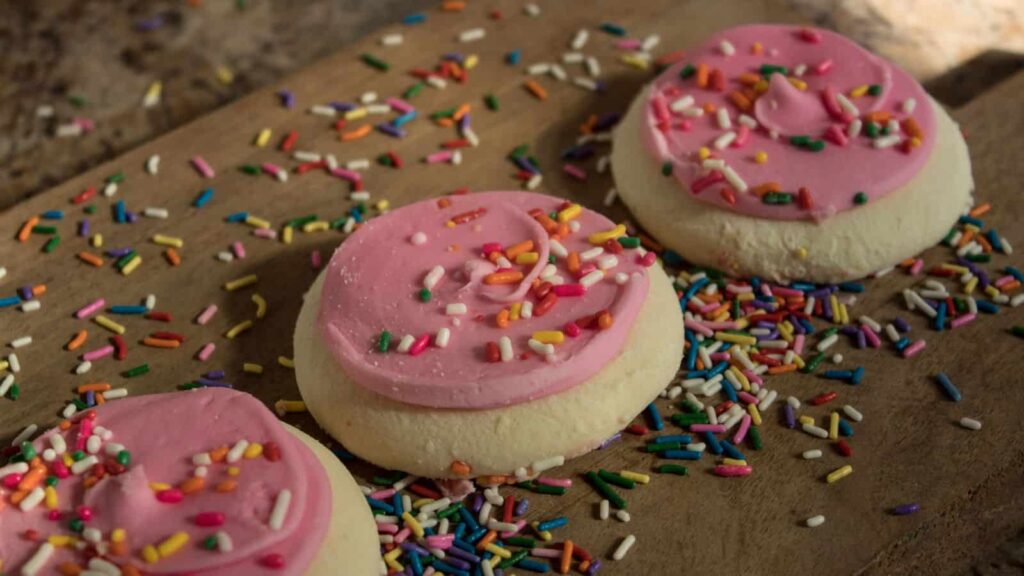
A slang popular in Northeast USA, “Jimmies” is what many people love to call their sprinkles—those needle-like stands you like on your cakes and ice cream. The slang is from Just Born, a company from the 1930s that chose to name its sprinkles after the worker who operated the machine, “Jimmy Bartholomew.”
I Plead the Fifth

“The Fifth” refers to the U.S. Fifth Amendment, and CNN explains that “invoking the Fifth Amendment is usually done to avoid answering specific questions.” It’s what you’ll hear many Americans say during arrests, reserving their rights to remain silent and to avoid making incriminating statements.
“Behind the Eight Ball”

When anything is behind the eight ball, then it’s in a difficult or unfavorable situation. This is popular slang from the 1930s that you’ll wholly understand if you’re familiar with the game of pool, where hitting and pocketing the black ball could make you lose the game.
Make a Packie Run
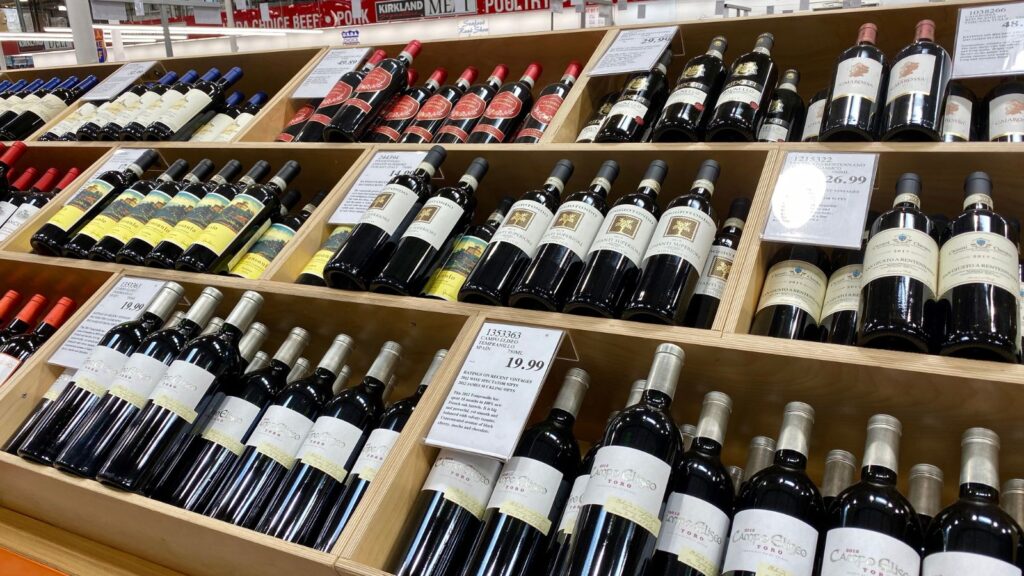
Sometimes called a “packy” run, this unique American phrase describes the act of going through multiple liquor stores to find yourself some booze—basically making a liquor run. It’s popular in Boston and the New England region, and “packie” is just a short term for “package store.”
Masshole
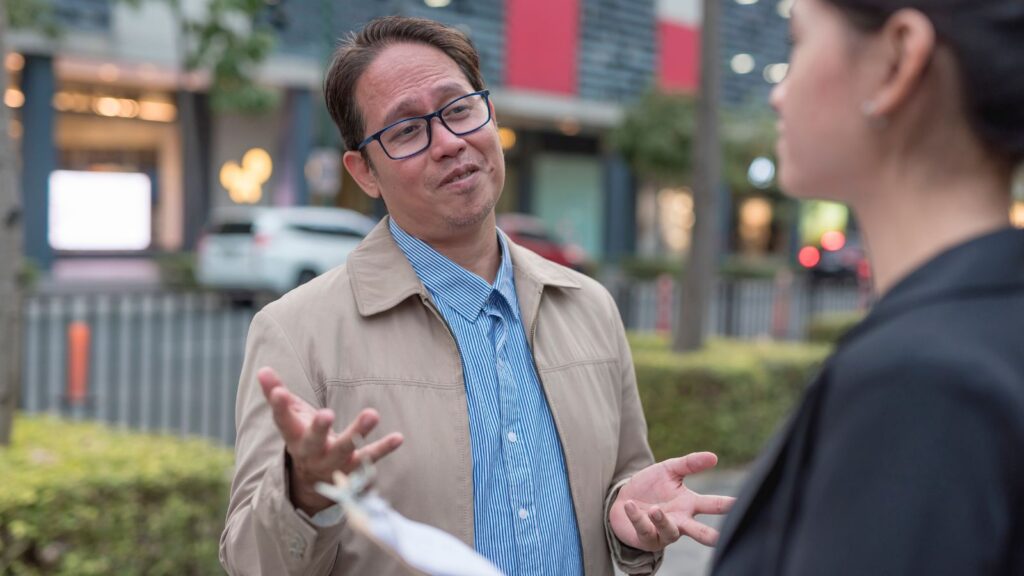
Mostly used on someone from Massachusetts, “Masshole” is a term directed at people who don’t care about what others think of them. You’ll especially hear this word when a person is always honest about their indifference towards others’ opinions and is obnoxious when letting people know about this. Oxford traces its first use back to 1989.
Using the Bubbler
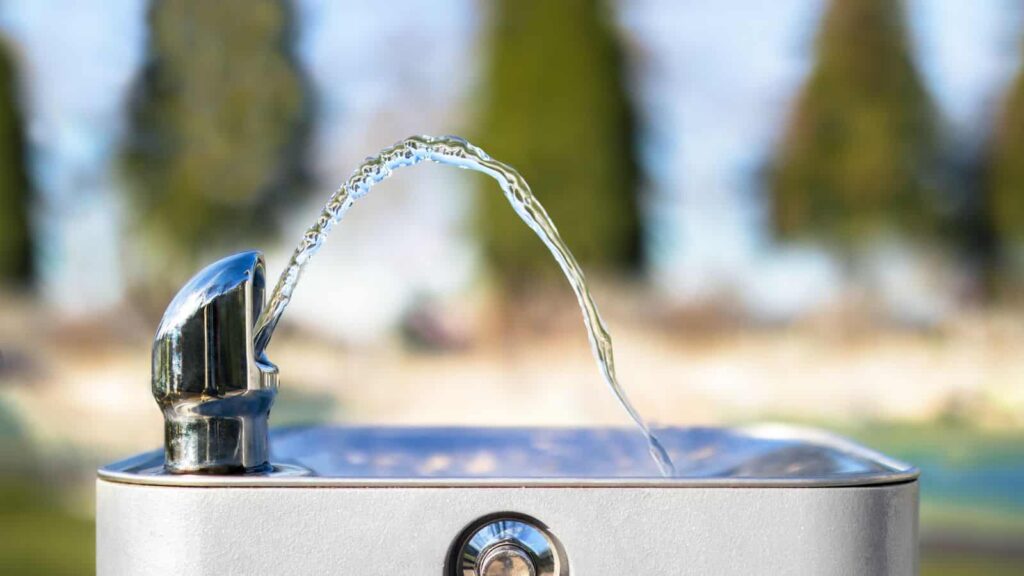
What you know as water fountains is referred to by residents in America’s southern regions (and part of the northeast) as “bubblers.” It’s a term that also confuses other Americans, as Business Insider names it as a popular word that Americans have linguistic conflict over.
Bang a Uey

Americans have an informal term for when they’re making a U-turn, and that’s by saying that they’re about to “bang a uey.” Of course, “uey” is an extended, fun way of pronouncing “U,” and it’s sometimes also spelled as “u-ie” and mostly used when the U-turn is an illegal one.
“Wicked Pissa”

The term “Wicked pissa” is a contemporary phrase you’d most likely hear from young Americans. And, while “pissa” means “awesome,” “wicked” is an informal way to say “very,” and, hence, “wicked pissa” is used to describe something that’s more mind-blowing. You’ll see some people opt for the spelling “pissah” too.
Avoid the Chowderheads

Brittanica defines the term “chowderhead” to generally mean “a stupid person.” It’s slang derived from the 16th-century term “jolt head,” and both are references to heavy, thick-headed individuals. You’ll see it mostly stereotypically used toward people with a northern dialect.
Getting Dunks
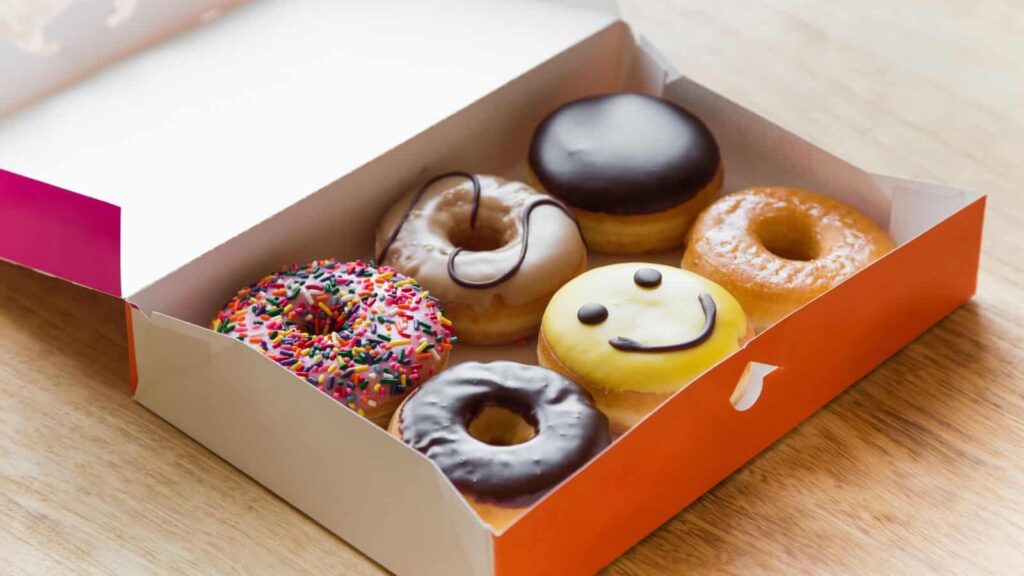
If you thought this was related to slam dunks, then you’d be wrong. Apparently, the name “Dunkin’ Donuts” is too much of a stretch for some Americans, and “Dunks” is the easier name they’ve found for the popular pastry restaurant. So, when someone’s getting some dunks, this person is heading to get himself some donuts, sandwiches, or coffee.
Flutternutter
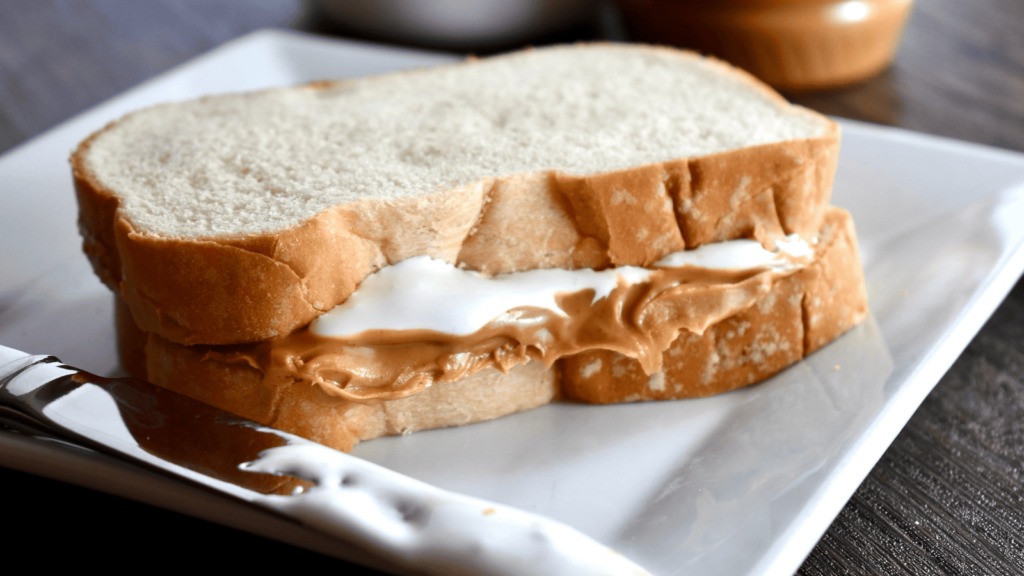
A flutternutter is two things. On one hand, it’s many people’s way of calling sandwiches filled with marshmallow spread and peanut butter—nostalgic snacks from a typical American childhood. On the other hand, however, someone may use it to describe something that lacks value or cultural substance.
You’ve Got Some Moxie

Don’t worry, moxie isn’t some kind of disease or illness. When someone says that you’ve got some moxie, they’re only telling you that you have some courage or spirit—essentially praising you for having the will to never give up easily.
Pass the Clicker
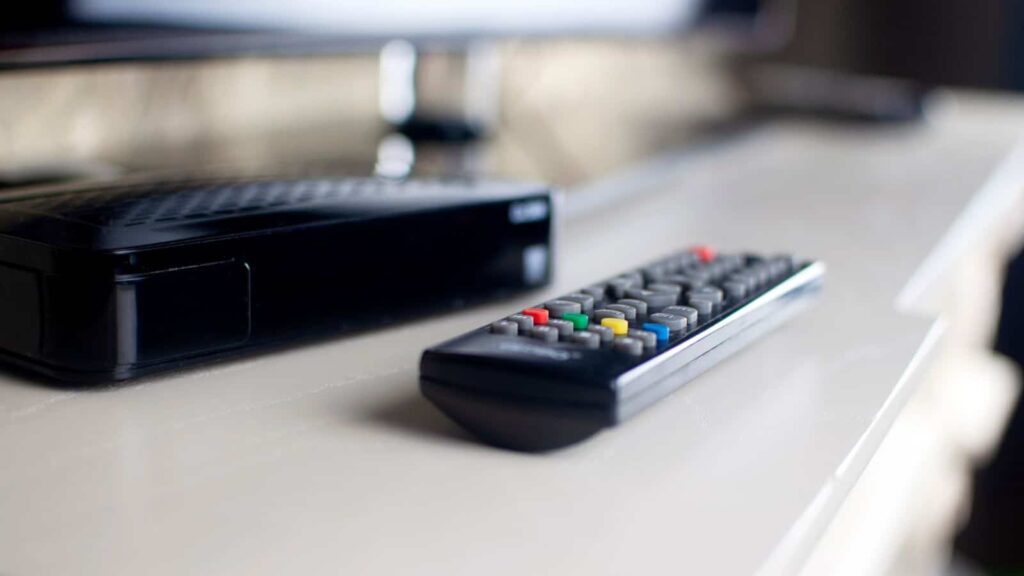
You call it a remote control, but many Americans in the US’s northeast call it a clicker, and you can easily see why—clickers are basically devices that make a clicking noise when pressed. Although many remote controls don’t do this today, the term has stuck since the 1950s. Some Americans even choose to call them crickets too.
I Don’t Like Wearing Johnnies

Johnnies aren’t designer-branded clothing items; they’re just what many Americans choose to call hospital gowns—the short-collar gowns worn by patients who are either there for examinations or treatments. Many American patients use this slang when they talk about it as an ugly piece of clothing.
Olly-Olly Oxen Free

When playing the game of hide-and-seek, rather than tell those hiding to reveal themselves, Americans will call “olly-olly oxen free.” This phrase is allegedly derived from “all ye, all ye outs in free,” used to assure hiders that they can reveal themselves without receiving penalties.
Put Lipstick on a Pig
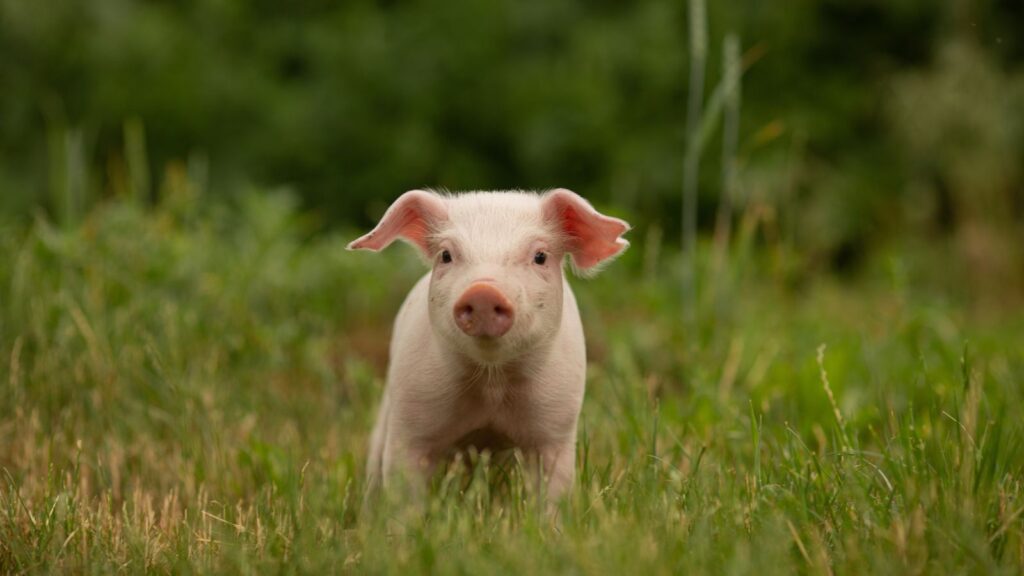
When someone puts lipstick on a pig, this person is making a poor effort to hide a bad situation or mask the flaws of an item. It’s typically used when actions or changes are only superficial or cosmetic, as they don’t address the root of the problem. And you may hear someone exchange the word “pig” with “monkey” or “swine.”
Shoot the Breeze

In the 19th century, “breeze” meant “rumor.” So, “shooting the breeze” is a statement Americans use to describe engaging in idle conversations or casual gossip that doesn’t hold too much substance. Sometimes, when you “shoot the breeze,” you’re also said to exaggerate truths about a statement.
Up Next: 19 Completely False Things About America That Foreigners Think Are True
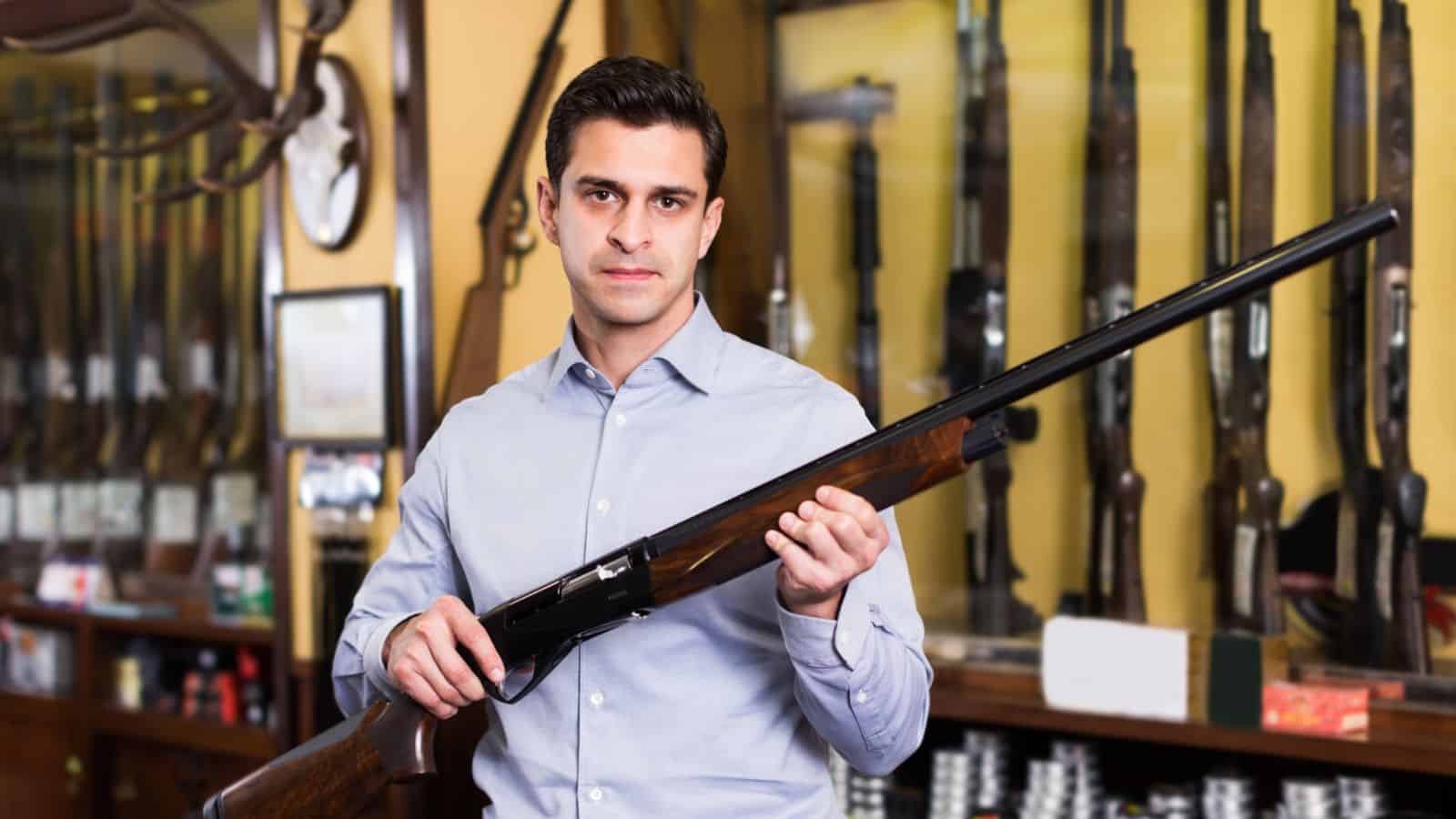
The U.S. is arguably the most famous country in the world, and people from far-off places often know our flag and president’s name! However, a lot of media coverage and exported movies mean plenty of opportunities for misunderstanding and stereotyping. Here are 19 false assumptions non-Americans often make about ‘the land of the free!’
19 Completely False Things About America That Foreigners Think Are True
20 Loyal Dog Breeds That Will Never Leave Your Side

Since early humans first fed a wolf around a campfire, dogs have been our constant companions and are renowned for making strong bonds with their owners. But which specific types of dogs make the most loyal and devoted pets? This article describes the 20 most unwaveringly loyal canine breeds and the characteristics that make them the ultimate ‘ride or die’ pets!
20 Loyal Dog Breeds That Will Never Leave Your Side
18 Reasons Older Men Say ‘Nope’ To Relationships

Older men embrace being alone and generally prefer spending time in solitude. They’ve had a full, so don’t criticize them for being less social! The following 18 reasons explain why older men prefer to be alone and are redefining how they experience their retirement years.

